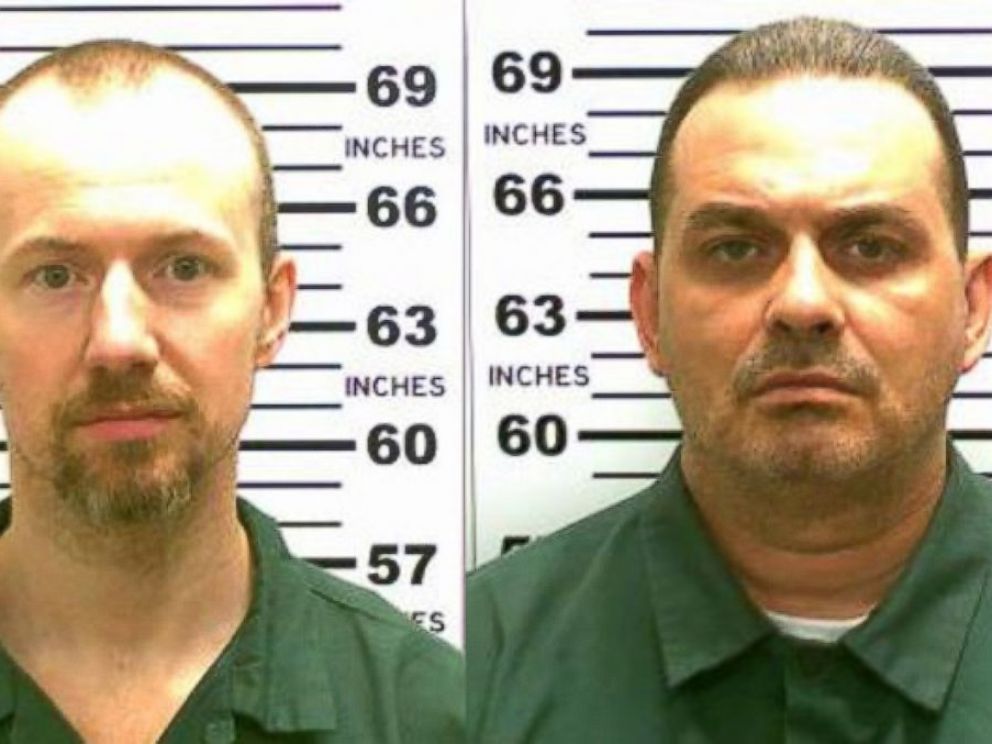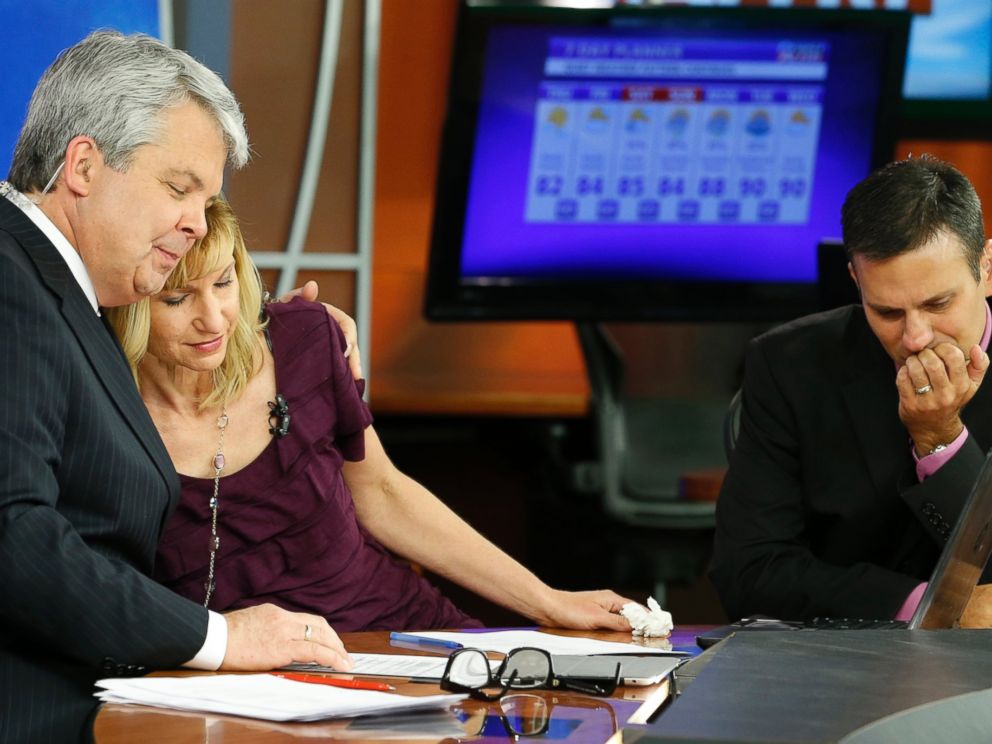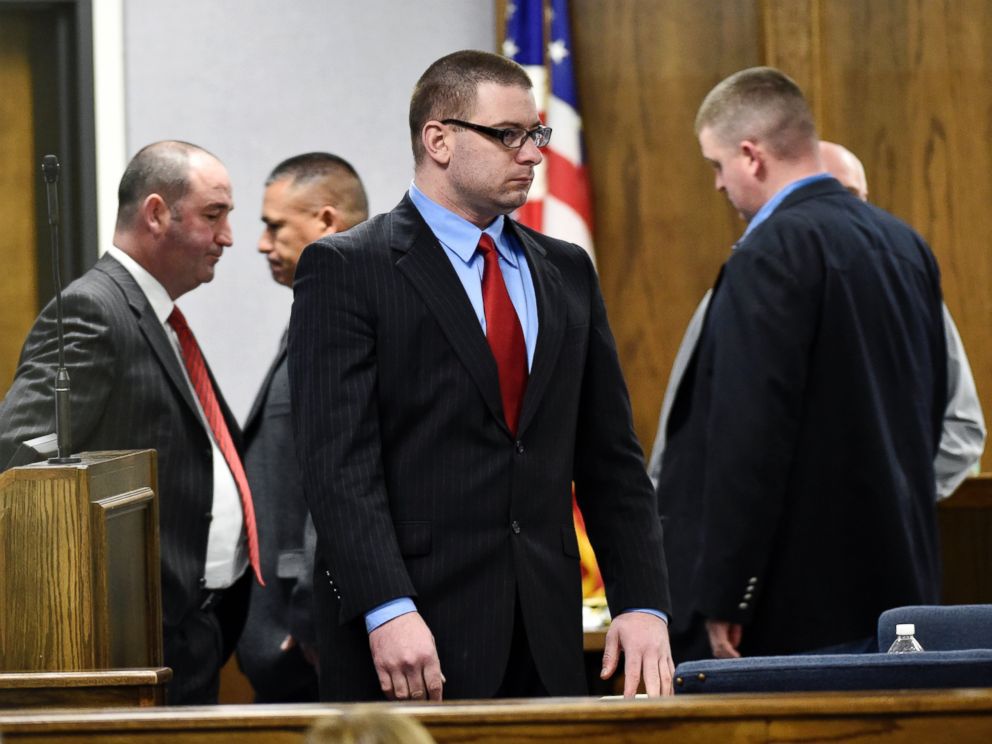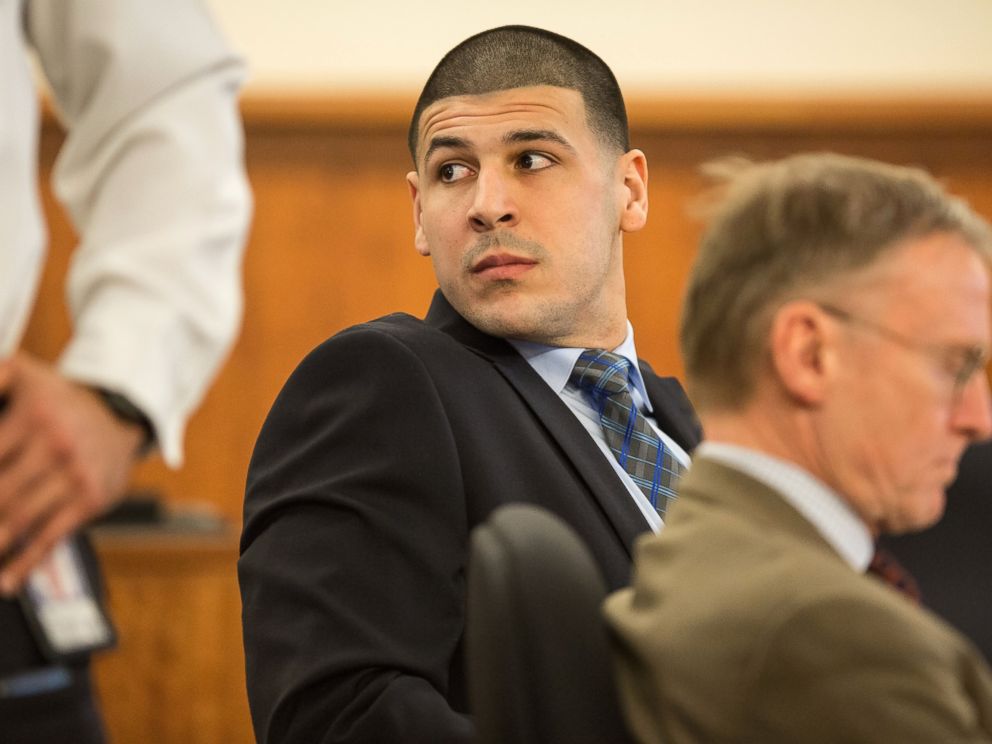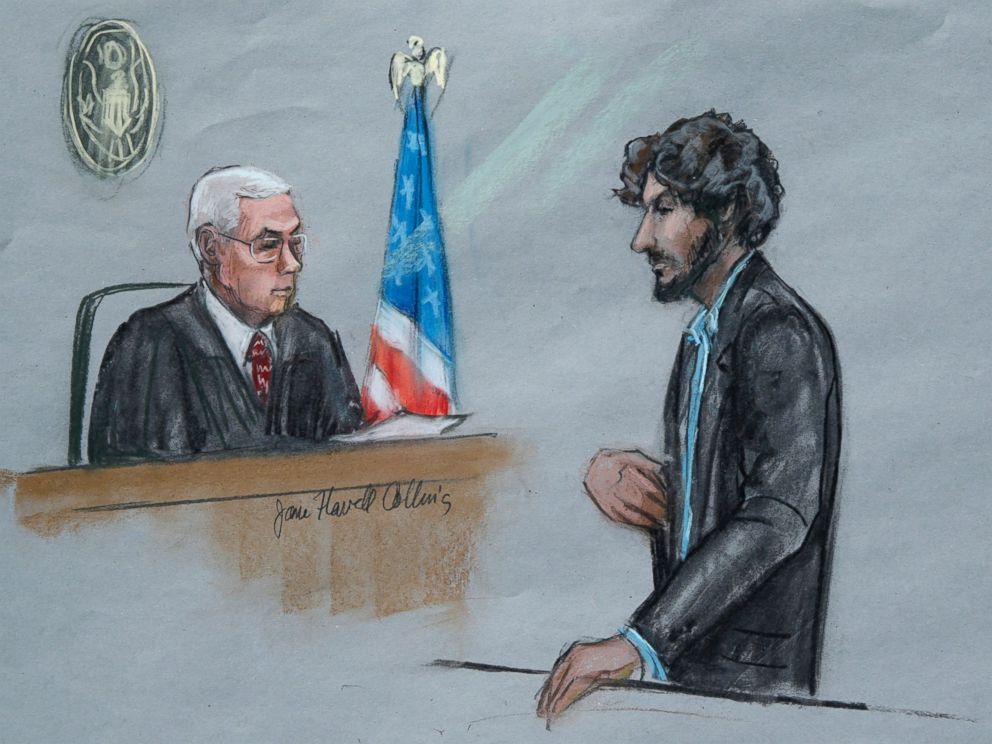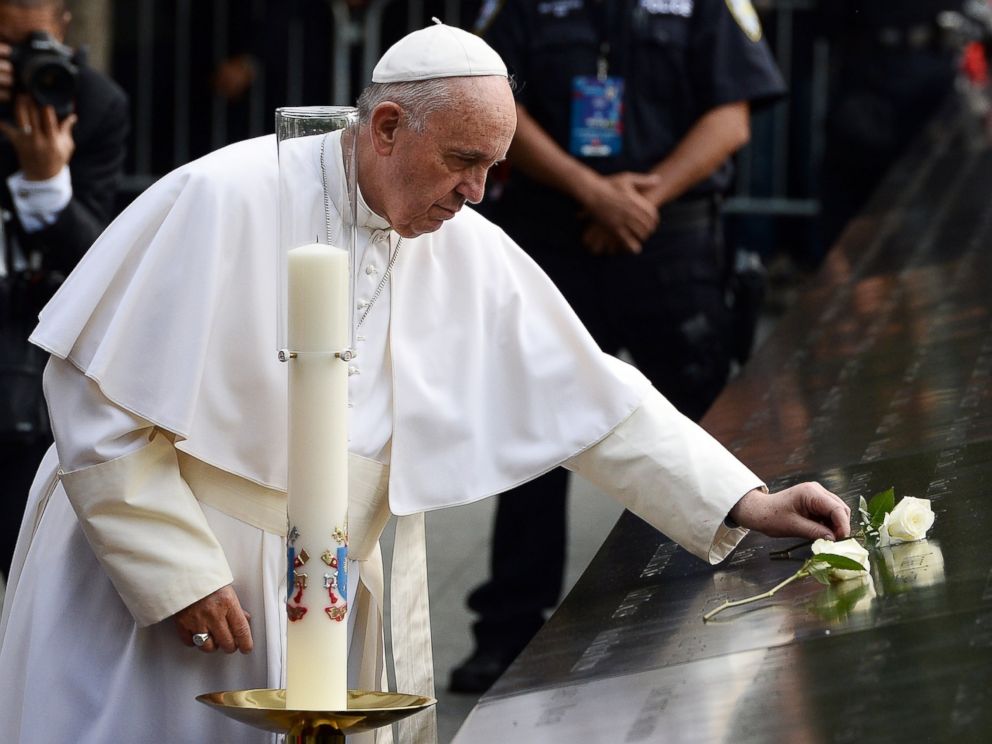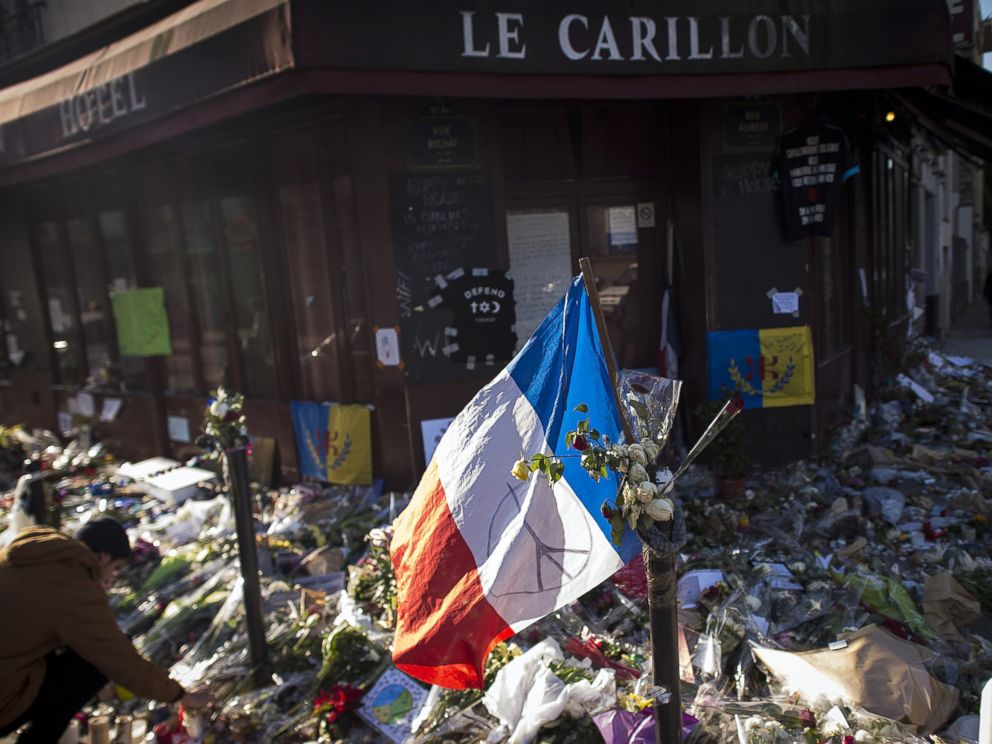Go General Kelly, keep it open, stay the course sir. There is no country that will take Khalid Sheik Mohammed and if there are 17 slated to be transferred in January it will leave an estimated 90 detainees that no country will accept. While Congress has law forbidding detainee transfers to the United States, Barack Obama can still use an executive order. The last complete study estimated $500 million to retrofit an existing facility in the event they do get transferred to the United States to a Federal facility. Given where the world is on fighting terror, capturing jihadis rather that killing them would be a benefit at this juncture. Gitmo is perfect for the Islamic killers.
Reuters: Charles Levinson and David Rohde – In September, US State Department officials invited a foreign delegation to the Guantanamo Bay detention center to persuade the group to take detainee Tariq Ba Odah to their country. If they succeeded, the transfer would mark a small step toward realizing President Barack Obama’s goal of closing the prison before he leaves office.
The foreign officials told the administration they would first need to review Ba Odah’s medical records, according to US officials with knowledge of the episode. The Yemeni has been on a hunger strike for seven years, dropping to 74 pounds from 148, and the foreign officials wanted to make sure they could care for him.
For the next six weeks, Pentagon officials declined to release the records, citing patient privacy concerns, according to the US officials. The delegation, from a country administration officials declined to identify, canceled its visit. After the administration promised to deliver the records, the delegation traveled to Guantanamo and appeared set to take the prisoner off US hands, the officials said. The Pentagon again withheld Ba Odah’s full medical file.
Today, nearly 14 years since he was placed in the prison and five years since he was cleared for release by US military, intelligence and diplomatic officials, Ba Odah remains in Guantanamo.
In interviews with multiple current and former administration officials involved in the effort to close Guantanamo, Reuters found that the struggle over Ba Odah’s medical records was part of a pattern. Since Obama took office in 2009, these people said, Pentagon officials have been throwing up bureaucratic obstacles to thwart the president’s plan to close Guantanamo.
Negotiating prisoner releases with the Pentagon was like “punching a pillow,” said James Dobbins, the State Department special representative to Afghanistan and Pakistan from 2013 to 2014. Defense Department officials “would come to a meeting, they would not make a counter-argument,” he said. “And then nothing would happen.”
Pentagon delays, he said, resulted in four Afghan detainees spending an additional four years in Guantanamo after being approved for transfer.
In other cases, the transfers of six prisoners to Uruguay, five to Kazakhstan, one to Mauritania and one to Britain were delayed for months or years by Pentagon resistance or inaction, officials said.
To slow prisoner transfers, Pentagon officials have refused to provide photographs, complete medical records and other basic documentation to foreign governments willing to take detainees, administration officials said. They have made it increasingly difficult for foreign delegations to visit Guantanamo, limited the time foreign officials can interview detainees and barred delegations from spending the night at Guantanamo.
Partly as a result of the Pentagon’s maneuvers, it is increasingly doubtful that Obama will fulfill a pledge he made in the 2008 presidential election: to close the detention center at the US Naval Base at Guantanamo Bay, Cuba. Obama criticized President George W. Bush for having set up the prison for foreigners seized in the “War on Terror” after the Sept. 11, 2001, attacks on the US, and then keeping them there for years without trial.
When Obama took office, the prison held 242 detainees, down from a peak of about 680 in 2003. Today, with little more than a year remaining in his presidency, it still holds 107 detainees.
Pentagon officials denied any intentional effort to slow transfers.
“No foreign government or US department has ever notified the Department of Defense that transfer negotiations collapsed due to a lack of information or access provided by the Department of Defense,” said Pentagon spokesman Gary Ross, a US Navy commander.
Myles Caggins, a White House spokesman, denied discord with the Pentagon. “We’re all committed to the same goal: safely and responsibly closing the detention facility,” Caggins said.
Former Secretary of Defense Chuck Hagel said in an interview that it was natural for the Pentagon to be cautious on transfers that could result in detainees rejoining the fight against U.S forces. “Look at where most of the casualties have come from – it’s the military,” Hagel said.
The Pentagon’s slow pace in approving transfers was a factor in President Obama’s decision to remove Hagel in February, former administration officials said. And in September, amid continuing Pentagon delays, President Obama upbraided Defense Secretary Ashton Carter in a one-on-one meeting, according to administration officials briefed on the encounter.
Since then, the Pentagon has been more cooperative. Administration officials said they expect to begin transferring at least 17 detainees to foreign countries in January.
Military officials, however, continue to make transfers more difficult and protracted than necessary, administration officials said. In particular, they cite General John F. Kelly, in charge of the US Southern Command, which includes Guantanamo. They said that Kelly, whose son was killed fighting the Taliban in Afghanistan, opposes the president’s policy of closing Guantanamo, and that he and his command have created obstacles for visiting delegations.
Kelly denied that he or his command has limited delegation visits. “Our staff works closely with the members of Naval Station Guantanamo Bay and Joint Task Force Guantanamo to support the visits of all foreign delegations,” he said in a written statement, “and have never refused or curtailed one of these visits.”–Reuters
Even if Obama manages to transfer all low-risk detainees to other countries, closing Guantanamo won’t be easy. Several dozen prisoners considered too dangerous to release would have to be imprisoned in the US, a step Republicans in Congress adamantly oppose because, they say, it would endanger American lives.
In a press conference earlier this month, Obama said he still hoped to strike a deal with Congress. He added, however, that he reserved the right to move the prisoners to the US under his executive authority.
The Bush administration faced no political opposition on transfers and was able to move 532 detainees out of Guantanamo over six years, 35 percent of whom returned to the fight, according to US intelligence estimates. The Obama administration has been able to transfer 131 detainees over seven years, 10 percent of whom have returned to the fight.
PRIORITY FROM THE START
Two days after Obama was sworn in as president in 2009, he signed an executive order mandating an immediate review of all 242 detainees then held in Guantanamo and requiring the closure of the detention center. A year later, a task force that included the Defense Department and US intelligence agencies unanimously concluded that 156 detainees were low enough security threats to be transferred to foreign countries.
Members of Congress, meanwhile, seized on reports that transferred detainees had returned to the fight to demand that Guantanamo remain open.
Among those former detainees was Abdul Qayum Zakir, also known as “Mullah Zakir,” who hid his identity from Guantanamo interrogators and became the Taliban’s top military commander after his release. He was responsible for hundreds of American deaths after returning to Afghanistan, according to David Sedney, who served as deputy assistant secretary of defense for Afghanistan, Pakistan and Central Asia from 2009 to 2013.
In late 2010, Congress passed a law requiring the secretary of defense to personally certify to Congress that a released detainee “cannot engage or re-engage in any terrorist activity.”
Detainee transfers out of Guantanamo slowed to a trickle. In 2011 and 2012, only a handful were released under an exception to the new law that allowed court-ordered releases to bypass the newly legislated requirements. By January 2013, the outlook was so bleak that the State Department shuttered the office tasked with handling the closure of Guantanamo.
Michael Williams, the former State Department deputy envoy for closing Guantanamo, said that during that period, William Lietzau, deputy assistant secretary of defense for detainee policy, “was not supportive of a Guantanamo closure policy” and an obstacle to transfers inside the Pentagon.
Lietzau, who left his job in 2013, denied obstructing transfers. He said in many cases, delays resulted from his concerns about the ability of foreign countries to monitor transferred detainees. “You have guys who are cleared for transfer, but there is no way to get the assurances, so what do you do then?” Lietzau said.
In May 2013, President Obama unveiled a new push to close the prison. He appointed two new envoys, one at the Pentagon and one at the State Department, to oversee the prison’s closure. One of their top priorities was to transfer as many prisoners as possible to countries willing to take them.
The State Department then proposed that four low-risk Afghan detainees be transferred back to Afghanistan. The four men – Khi Ali Gul, Shawali Khan, Abdul Ghani and Mohammed Zahir – then ranged in age from their early 40s to their early 60s. All had been at Guantanamo for seven years but never formally charged with a crime, and all had been cleared for release by the interagency review board years earlier.
In the case of Gul, State Department officials argued that he was almost certainly innocent. “The consensus was that he had never had any contact with the insurgency or al Qaeda,” said Dobbins. “I can say with confidence we have captured, detained and released thousands of people who have done worse things than these four.”
US officials had offered in secret peace talks with the Taliban in 2012 to swap the four Afghans for captured American soldier Bowe Bergdahl. Taliban negotiators said they didn’t want the four men because the four weren’t senior Taliban members.
Afterwards, State Department officials began referring to them as the “JV four” or “Junior Varsity four,” for their seeming lack of importance to Taliban fighters.
When the State Department added the four Afghans to a list of detainees prioritized for transfer in the summer of 2013, Defense Department officials resisted. At a meeting at the Pentagon, a mid-level Defense Department official said transferring the four “might be the president’s priority, but it’s not the Pentagon’s priority or the priority of the people in this building,” according to current and former administration officials present at the meeting.
With the White House’s backing, the State Department moved forward. By spring 2014, the four Afghans were about to be sent home. Then, General Joseph Dunford, commander of US forces in Afghanistan at the time, sent a memo to the State Department warning that the release of the four detainees would endanger his troops in Afghanistan.
When State Department officials read Dunford’s memo, they realized he was citing intelligence about a different group of Afghans who were more senior Taliban. State Department officials pointed out the error, but it was too late. The transfer was halted.
Sedney, the former deputy defense secretary, said that there was broad resistance within the Pentagon to releasing the four Afghans because between 30 and 50 percent of the roughly 200 Afghan detainees repatriated by the Bush administration had rejoined the fight. The government of Afghan President Hamid Karzai often freed detainees as soon as they returned home, Sedney said.
The four men were finally flown back to Afghanistan on Dec. 20, 2014 – nearly five years after they were cleared for release. Since then, none have returned to the fight, according to US intelligence officials.
Gul declined a request for an interview. Zahir, now in his early 60s and one of the three Afghans considered low-level Taliban, works as a guard at a school in Kabul. He said that the primary evidence against him – Taliban documents found in his home – were from his work as an administrator in the Intelligence Ministry when the Taliban ruled Afghanistan. He said that when American soldiers flew him to Afghanistan for release, one spoke with him briefly before handing him over to Afghan officials. “The American soldier tapped on my shoulder and said, ‘I am sorry,’ “ Zahir said, adding: “I don’t know why they kept me there for 13 long years without proving my guilt or crime.”
VIDEO GAMES
Pentagon obstacles delayed and nearly derailed other transfers. In early 2014, Kazakhstan President Nursultan Nazarbayev offered to take as many as eight Guantanamo detainees. The Central Asian leader, eager for a counterweight to an increasingly assertive Russia, hoped to strengthen his relationship with Washington.
Kazakhstani officials asked to send a delegation to Guantanamo for three days to videotape interviews with prisoners before deciding which ones to accept. Kazakhstani psychologists and intelligence experts wanted to study the interviews for signs of deception.
According to multiple current and former administration officials, Pentagon officials forbade the delegation to videotape the interviews, nixed plans for a multiday visit, ordered detainee interviews shortened, and put new restrictive classifications on documents requested by the Kazakhstanis.
Senior commanders at Joint Task Force Guantanamo – the military unit responsible for administering the detention center – said the visiting Kazakhstanis would be allowed one hour with each prisoner and one day at the detention center.
Allowing taped interviews had been common practice with foreign delegations. This time, the Pentagon banned them on the grounds that the practice would violate the Geneva Conventions’ prohibition on using prisoners of war for “public curiosity.”
After two weeks of failed talks, the Kazakhstanis said they were canceling the visit and wouldn’t take any detainees. An alarmed White House intervened, ordering the Pentagon to compromise, according to current and former administration officials.
The Kazakhstanis would be allowed two hours with each detainee, the Pentagon said, and would be allowed to stay one night at Guantanamo. They said the Kazakhstanis would not be allowed to bring recording equipment with them. Instead, the US military agreed to videotape the interviews and provide the Kazakhstanis with copies of the tapes. The Kazakhstanis visited the prison.
Six weeks later, the Kazakhstanis still hadn’t received the videos. “They were calling us every couple of days, saying, ‘Where are the videos?’ “ said an administration official.
The White House ordered the Pentagon to hand over the videos. The Pentagon complied, and sent the videos to the State Department, but with a new classified designation on it, “Secret/NOFORN,” which means it is illegal to share the material with a foreign country. Administration officials complained again. Days later, the video came back with a more lenient classification. The video was sent to the Kazakhstanis.
Two days later, the Kazakhstanis called Washington. The videos had been processed to look as if it had been shot through dimpled glass. For the Kazakhstanis, who wanted to scrutinize detainees’ body language and facial expressions, the videos were useless.
For a third time, White House officials intervened to force the Pentagon to compromise. Finally, in December, nearly a year after the process began, the five prisoners were transferred to Kazakhstan.
In private meetings, some Pentagon officials have been dismissive of Obama’s policy. After the president publicly pledged early this year to respond to a five-year-old British request for the repatriation of British detainee Shaker Aamer, a senior Pentagon official mocked that vow at an interagency meeting on transfers.
“We will prioritize him – right at the back of the line where he belongs,” the Pentagon official said, according to an administration official present at the meeting. A senior NSC official snapped back: “That’s not what the president meant.” Aamer was transferred to Britain in October.
In autumn this year, a foreign government was invited to Guantanamo to interview eight detainees for possible transfer – a process that can take several days. General Kelly’s command, which oversees Guantanamo, instituted a new policy, suddenly banning the delegation from spending the night at the detention center, according to administration officials. (Officials declined to identify countries involved in transfer negotiations out of concern that doing so would jeopardize the process.)
As a result, the delegation was forced to commute 90 minutes by plane each morning and afternoon from Miami, adding tens of thousands of dollars in government plane bills to US taxpayers. In December, the country decided to take no detainees.
During another foreign delegation’s visit to Guantanamo in autumn, Kelly’s command further cut interview times with detainees, to as little as 45 minutes each, making it harder for foreign officials to assess potential transfers.
Ba Odah, the hunger-striking detainee, is now in his late 30s. Multiple members of the National Security Council have intervened to demand that the Pentagon turn over his complete medical file. The Pentagon has held firm, citing patient privacy concerns.
Ba Odah’s lawyer, Omar Farah, said the Pentagon’s justification is baseless.
“Invoking privacy concerns is a shameless, transparent excuse to mask intransigence,” Farah said. “Mr. Ba Odah has provided his full, informed consent to the release of his medical records.”







